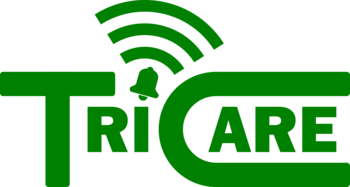
The TRICARE project is concerned with the use of non-intrusive sensors to monitor elderly’s activities of daily living (ADL), thus in order to detect eventual behavior anomalies while preserving their privacy.
Domaine
Factsheet
Project team
TriCARE is a CWALITY project with a business valorization driven by AnB, a Belgian-based company developing alarm systems. This company is looking for extending their actual alarm systems with software-based added value services. One of these services is based on the monitoring of single living elderly’s ADLs. This is the objective of the project TriCARE. This monitoring service will be designed and developed under the following constraints:
Based on criteria defined by geriatricians, CETIC will design and implement a generic model-based component that recognizes ADL from sensor time-series of sensor events and detect ADL anomalies, thus by relying on machine learning techniques. Our partner company will then conduct a pilot test campaign in different residence of elderly persons in order to validate the concept in real life scenario.
The generic component to be developed by CETIC will be made free and open source so that communities of multi-disciplinary developers (IT, Healthcare, families) may extend this component to take into account more psychological, medical and social scenarios. This component will serve as a basis for future research projects and also for integration in other hardware and software solutions.
Publications